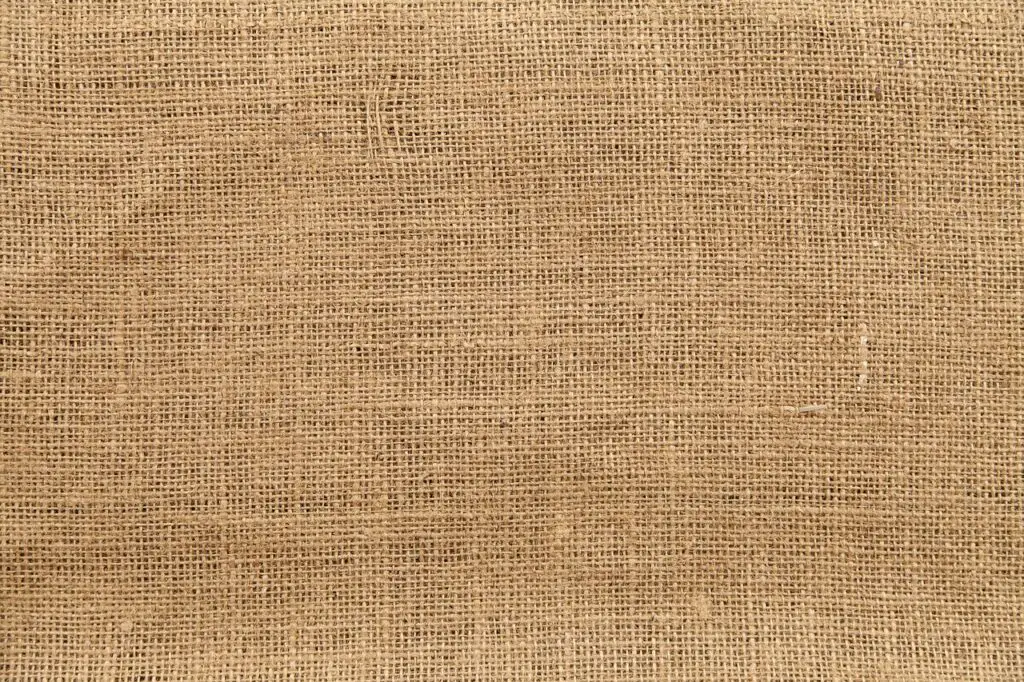Last Updated on March 29, 2024
You’ve most probably heard of silicone sooner than: It’s in houseware, sealants, and medical models. Think silicone baking molds, silicone utensil models, and so forth.
But what exactly is it? And is silicone plastic? Not exactly.
First, it’s important to note silicone is a synthetic supplies, made out of a combination of silica (sand) and oxygen (additional on this later). The silicone-making course of is superior and energy intensive, which contributes to emissions.
Silicone’s environmental footprint is worth discussing because of it will depend on non-renewable hydrocarbons for manufacturing and has challenges in recycling and biodegradability.
However, by the use of how silicone compares to plastic on an environmental affect scale, it is a greater substitute. Here’s all of the items you need to discover out about silicone and within the occasion you ought to make use of it.
how is silicone made?
Silicone is made by extracting silicon from silica and passing it through hydrocarbons. It’s then blended with totally different chemical compounds to create silicone.
However, to completely understand this course of, it’s important to get the terminology correct. Here’s a step-by-step break down:
silica
Silica is the raw supplies used to make silicone resins, aka sand. Beach sand is nearly pure silica, as is quartz.
silicon
This is the underside ingredient that makes up silica, nevertheless silicon is not normally current in nature on this elemental sort. It is made by heating silica at very extreme temperatures with carbon in an industrial furnace.
silicone
The silicon is then reacted with fossil gasoline–derived hydrocarbons to create the siloxane monomers (alternating silicon + oxygen atoms) which can be bonded collectively into polymers to sort the backbone of the last word silicone resin.
is silicone the similar as plastic?
Silicone is not the similar as plastic, nevertheless it is comparable. Technically, silicone could be thought-about part of the rubber family.
However, silicone is one factor of a hybrid between a synthetic rubber and a synthetic plastic polymer. Silicone will be utilized to make malleable rubber-like objects, laborious resins, and spreadable fluids.
In an similar answer to plastic, it might be fashioned or normal and softened or hardened into nearly one thing.
However, listed under are its distinct variations from plastic:
- More temperature resistant and durable
- Has a low reactivity with chemical compounds
- Highly gasoline permeable, making it useful for medical or industrial functions
- Easy-to-clean, non-stick, and non-staining
is silicone recyclable?
Silicone shares one different trait with plastic: It’s laborious to recycle.
Silicone has a low recycling charge. This is because of most silicone is not recyclable through your native municipal recycling program (though you need to always double confirm). While silicone is technically recyclable, you will in all probability should take it to a specialised private recycling facility.
Even then, silicone would in all probability be downcycled into oil used as lubricant for industrial machines. Like plastic, it’d in all probability on no account be the similar issue twice.
However, it’s worth noting there are some producers, like Stasher bag, that take advantage of silicone and have a recycling program in place.
does silicone give off microplastics?
Though silicone is technically a plastic polymer, its sturdy molecular development retains it from shedding microplastics in the way in which during which that frequent plastics do.
That said, silicone can nonetheless break apart into small objects and enter our waterways.
To make it remaining as long as attainable, take heed to using it spherical sharp objects, similar to the blades of a meals processor or sharp knife.
is silicone environmentally nice?
Silicone isn’t primarily essentially the most environmentally nice supplies to pick out from, nonetheless it’s greater than plastic. Just be aware that producing silicone makes use of hydrocarbons derived from petroleum, which is a fossil gasoline and non-renewable helpful useful resource.
However, not like plastic, silicone objects don’t are usually made into single-use objects. For occasion, silicone baking sheets, molds, and utensils may very well be reused for years.
Stasher bags are an unbelievable occasion of this: One Stasher bag retains 260 single-use plastic baggage out of oceans per yr. Plus, they’re sturdy, easy to utilize, and guarded for the dishwasher, microwave, and oven (as a lot as 425°F).
Here are some strategies to reduce silicone’s environmental affect:
- Buy secondhand silicone objects at native thrift outlets, or Facebook market
- Only get it within the occasion you propose to utilize it for years to come back again
- Only wash it when you need to, and everytime you do, use the dishwasher to save lots of numerous energy and water
- Look for high quality, meals grade or medical grade silicone that would not comprise any fillers
- Find a model new home for gently used silicone, within the occasion you’re in a position to eradicate yours
is silicone safer than plastic for meals?
Silicone is a safer varied to accommodate meals than plastic, as long as it’s food-grade silicone. I personally love using Stasher baggage (which can be made out of food-grade silicone) to pop my popcorn inside the microwave!
However, it’s important to note silicone is not totally chemically unreactive and will doubtlessly launch toxic chemical compounds over time.
Here’s some evaluation that’s been carried out on silicone:
- One study examined the discharge of siloxanes from silicone nipples and bakeware into milk, youngster system and a simulant decision of water and alcohol. After 72 hours inside the alcohol decision, quite a lot of siloxanes had been detected.
- Another study found siloxanes being launched from silicone bakeware, with leaching rising as a result of the meals fat content material materials elevated (akin to using oils).
- The outcomes of frequent siloxanes confirmed in animal analysis might lead to impaired fertility and potential carcinogenicity.
However, this doesn’t indicate it is advisable to toss out your whole silicone objects correct now: Not enough evaluation has been carried out to completely understand the effectively being outcomes of using silicone.
That said, chances are high you will must bake in a single factor other than silicone when you may have the selection.
Though it is worth noting silicone cookware might be going safer than typical non-stick varieties using Teflon coatings. If it’s a various between the two, use silicone. Glass, ceramic, and stainless steel bakeware are best.
RELATED: 6 Best Non-Toxic Bakeware Sets For a Eco-Friendly Kitchen
Silicone objects like spatulas, pot holders, and so forth. appear protected given the small amount of contact they make with meals. Just don’t soften them! Wooden cooking utensils are moreover one different varied.
Natural rubber may very well be a very good varied for points like bottle nipples and soothers, if there isn’t any such factor as a menace of rubber allergy. More silicone alternate choices are listed below.
alternate choices to silicone
If you’d select to not use silicone, listed under are some sustainable silicone alternate choices to ponder. But keep in mind: Using what you might have will always be primarily essentially the most eco acutely conscious various, so solely purchase new objects should you really need them or can’t uncover them secondhand.
beeswax wraps
Instead of silicone lids in your bowls, attempt beeswax wraps. These are compostable on the end of their life. You merely use the warmth of your palms to secure them into place.
unbleached parchment paper
You can use these to line baking sheets. I wish to advocate If You Care’s parchment paper, as a result of it’s completely compostable on the end of its life.
jars
Use upcycled glass jars to retailer leftovers, and even freeze meals in. These moreover make good containers for on the go snacks or lunches.
plates
Place leftovers in a bowl and cover it with a plate. This is taken into account considered one of my favorites because of it’s really easy!
picket utensils
Opt for picket cooking utensils the place you probably can, like picket spoons, ladles, spatulas, slotted spoons, and rice scoops.
glass storage containers
Try deciding on glass snapware to retailer leftovers in. You might freeze meals in these, along with heat up meals inside the microwave (merely take away the lid first).
kitchen towels
Instead of potholders that at all times comprise silicone, you possibly can attempt using cotton kitchen towels – when folded they’re heat resistant and multipurpose. Professional cooks select them!
So, is silicone plastic? Not pretty, nevertheless it is a synthetic supplies.
What are your concepts? Do you keep silicone merchandise in your kitchen? Let me know inside the suggestions!



